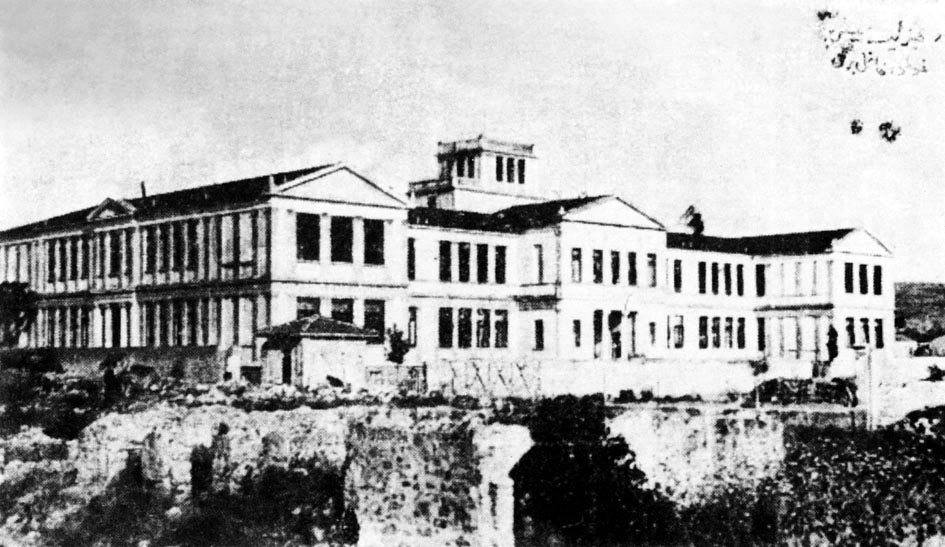Παρουσίαση/Προβολή

70574 Greek Orthodox Communities In Asia Minor and the Eastern Mediterranean. (Winter Term 2024-2025 - taught in English)
(70574) - Herve Georgelin
Περιγραφή Μαθήματος
Almost all contemporary Greek people are descendents of former Greek Orthodox subjects of the Ottoman Empire. After the international recongnition of the Modern State of Hellas, most Greek Orthodox people and the main urban centres and economic hubs central to Greek Orthodox people remained on the territory of the Empire.
The class is designed to address the nature of an imperial state, explain why Greek Orthodox people were living in this institutional frame, survey what their living conditions were, where exactly they were located, what interactions with the surrounding Ottoman order they maintained. A major trait of this history is the diversity of this group whose only common link was the Greek Orthodox faith. What was the situation of the Greek language in this history? Was only Constantinople the centre of reference for this history? How come Greeks lived in recently founded Odessa? Where were they from? How come Greeks lived in Modern Egypt? Where did they come from ? How and why did theses histories come to an end? What does September 1922 mean for Modern Greek History? What is the compulsory population exchange between Modern Greece and Kemalist Turkey (1923-24)? Is Odessa today an important Greek city? Is Alexandria of any importance within the Greek present reality? What is the posterity of these histories in today's world in political, demographic, ideological, artisitic terms?
Photograph:
The Iônian University of Smyrna (today's Izmir), About to Start Its Activities in August 1922, As The Second University of Greece
Ημερομηνία δημιουργίας
Τρίτη 11 Μαΐου 2021
-
Περίγραμμα
Δεν υπάρχει περίγραμμα